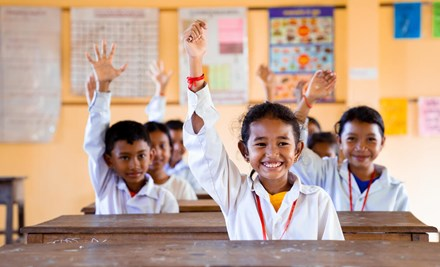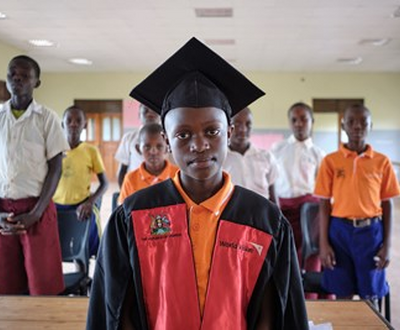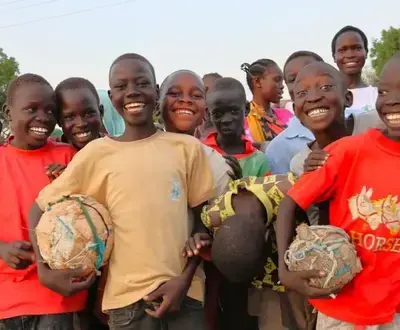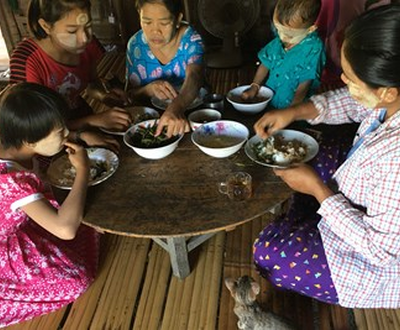Joining the end of a queue and waiting your turn to order a coffee. Saying ‘bless you’ when someone sneezes. Shaking hands when you meet someone new. There are dozens of unwritten rules that shape the way we interact with other people every day – and different places and times have different rules.
Social norms are powerful – they’re part of what makes a community function. But they doesn’t mean they stay the same, or should – social norms constantly change over time along with people’s ideas.
That can be a good thing, because not all norms are positive. Driving in a car without seatbelts, for example, is dangerous and so in lots of places, it’s no longer socially acceptable – or legal.
Other social norms pose a threat to children too, though the risks are not always so obvious.
In some communities, girls are thought to have little to contribute to their society beyond being wives or mothers one day, and so practices like child marriage, female genital mutilation, and denying girls’ an education remain prevalent.
They not only harm the physical health of girls, but their lifelong opportunities, and those of their children and their communities.
Changing social norms isn’t easy, but it is one of the most powerful ways to transform children’s lives.
That’s why child sponsorship works alongside community and faith leaders, empowering and transforming these important voices to influence the sociocultural norms, beliefs and practices – giving breath to those that effect children’s well-being in a positive way, and strongly advocating or taking action against those that don’t.
Here's what happens when you change negative social norms…
1. Children are better protected:
Some social norms can subject children to abuse and exploitation. An example of this is the practice of female genital mutilation (FGM), which is a deeply ingrained cultural practice in some communities.
Girls are often forced or convinced to be ‘cut’ because of social pressure and deep cultural beliefs that a girl’s value to her family and her community is determined by her suitability for marriage.
FGM is believed in some contexts to make a girl a more appealing wife. When practices like FGM or child labour or child marriage are deeply ingrained in a culture, it’s hard to make a change for the child, their parents and their community leaders.
But Child Sponsorship empowers kids to know their rights and speak up to protect them.
A father in Matope, Malawi, plays with his young son.
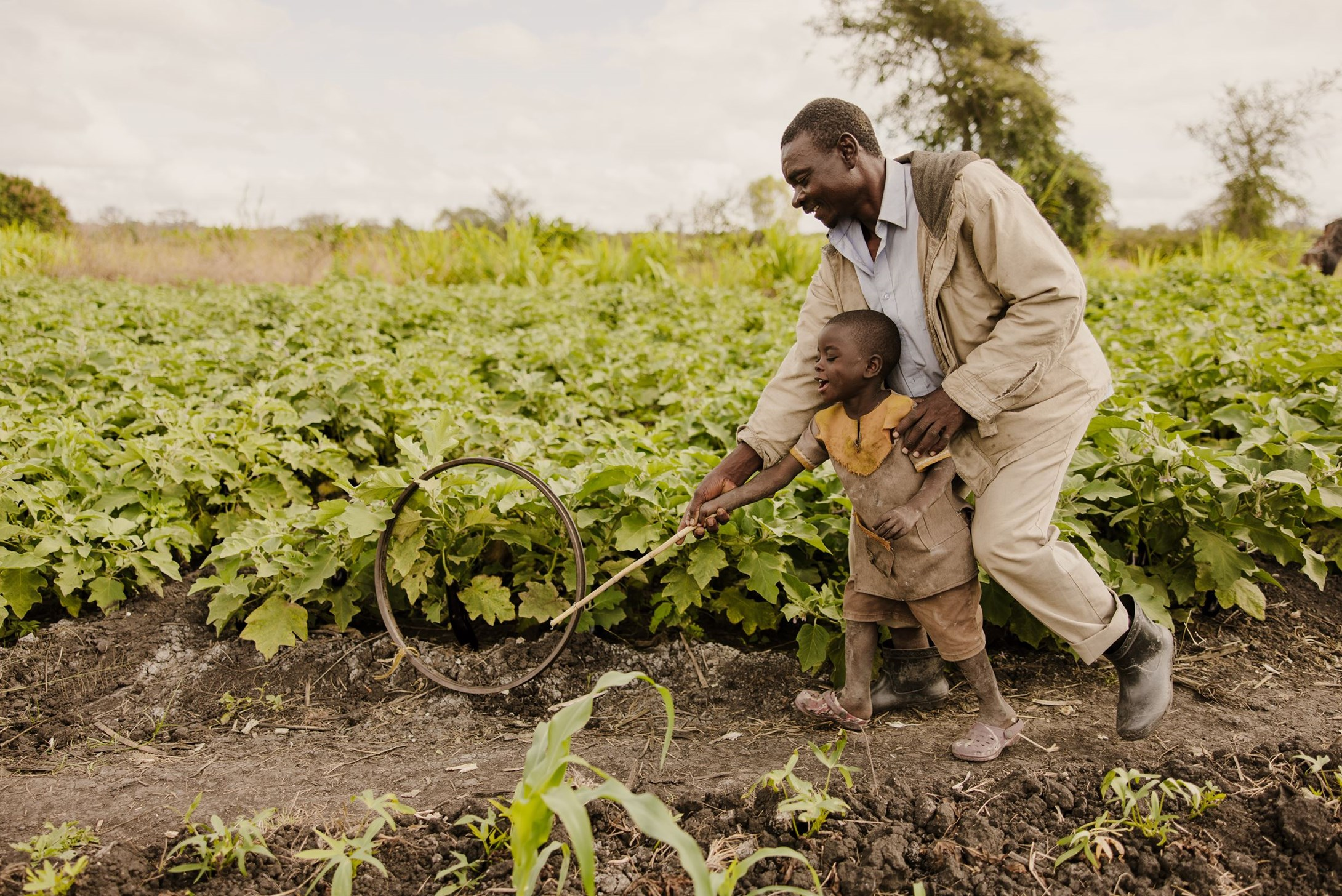
2. Families are stronger:
Social norms that restrict the roles women and men can play in their families and communities can have a detrimental effect on children, too.
When only women are able to be caregivers, children miss out on the influence and attention of their male family members. When only men can make financial decisions in a household, families miss out on the perspectives and priorities of women in the family.
When parents are conditioned to believe that showing affection or playing with their children is weakness, children miss out on the love and care they need to thrive.
Child Sponsorship helps to challenge these social norms through initiatives like positive parenting training for families, and support for women to start small businesses of their own and contribute to the family income, enabling kids to grow up with the support they need to flourish.
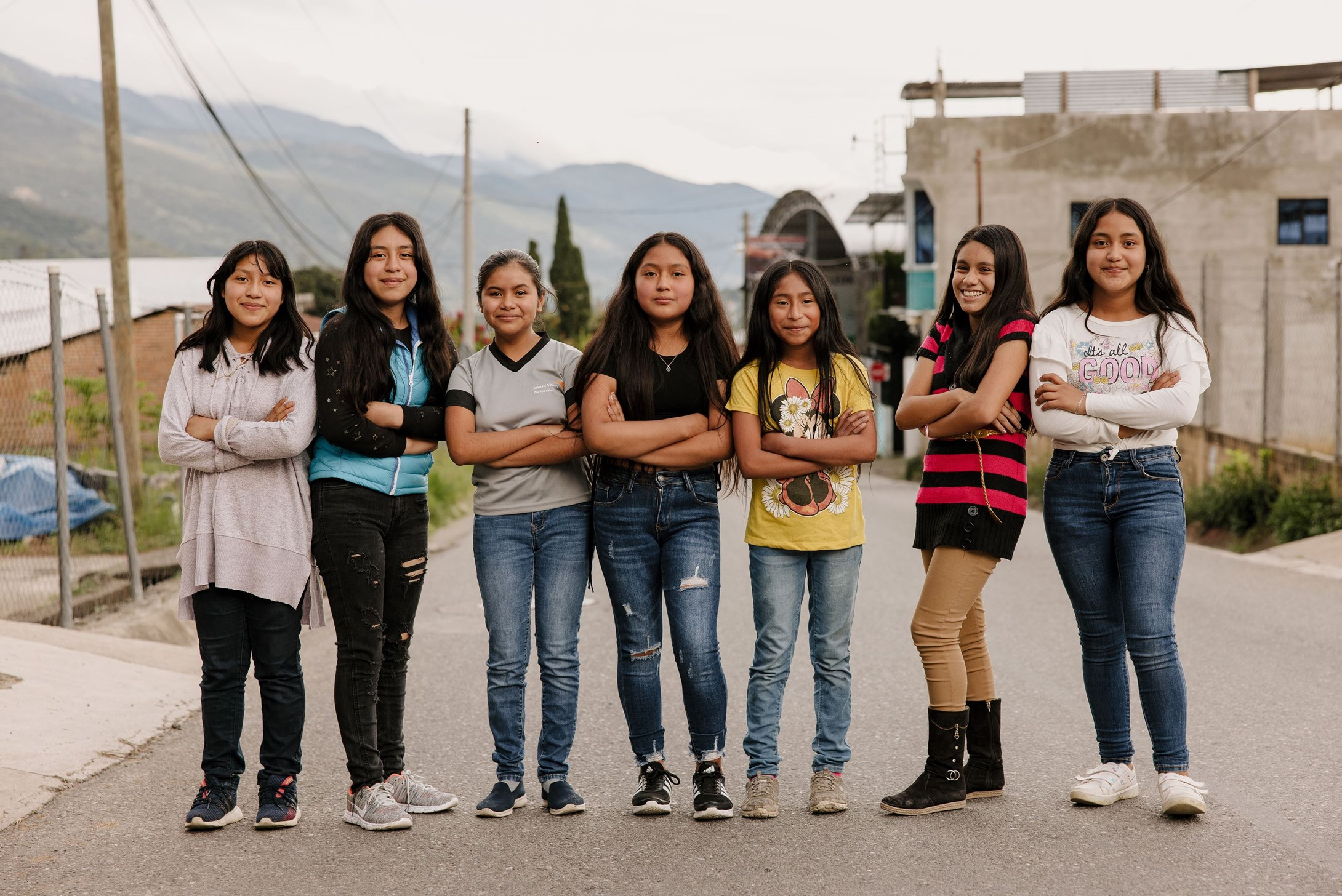
3. Girls are more likely to be seen as equals:
According to UNICEF, 129 million girls are out of school and only 49% of countries have achieved gender parity in primary education.
That figure plummets to just 24% in the upper secondary years. Families trapped in poverty are more likely to favour boys when it comes to educational opportunity, which means girls are at higher risk of early marriage.
Child Sponsorship works to challenge the social norms that hold girls back – making sure they are empowered to know their rights and use their voice to help protect them from all forms of violence and exploitation and educating families and communities on the importance of education for girls.
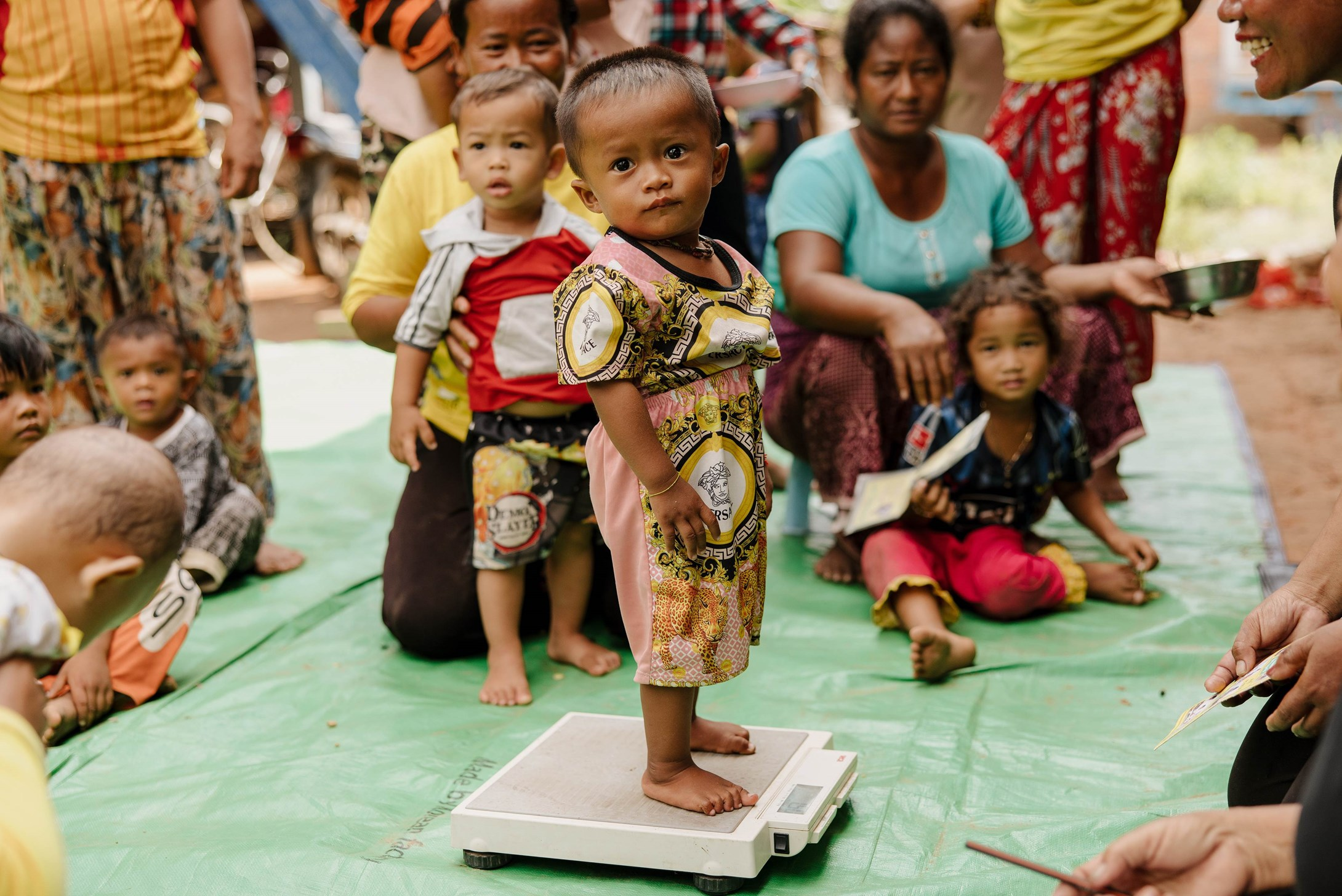
4. Children have better health:
In some communities, traditional medicine and treatments, vaccine hesitancy, or misinformation, shame and stigma around some diseases can be a threat to children’s health.
By giving communities access to better health services and working with community leaders and members to build social norms that support its use, Child Sponsorship helps kids grow up health and strong.
At least 95% of pregnant women in our sponsorship communities in Kenya and Tanzania received an HIV test to help stop mother-to-child transmission.
Step by step, conversation by conversation, these interventions have a huge impact on children’s health and futures.
Right now, child sponsors are helping empower communities to make positive change for their children. Will you join us?
